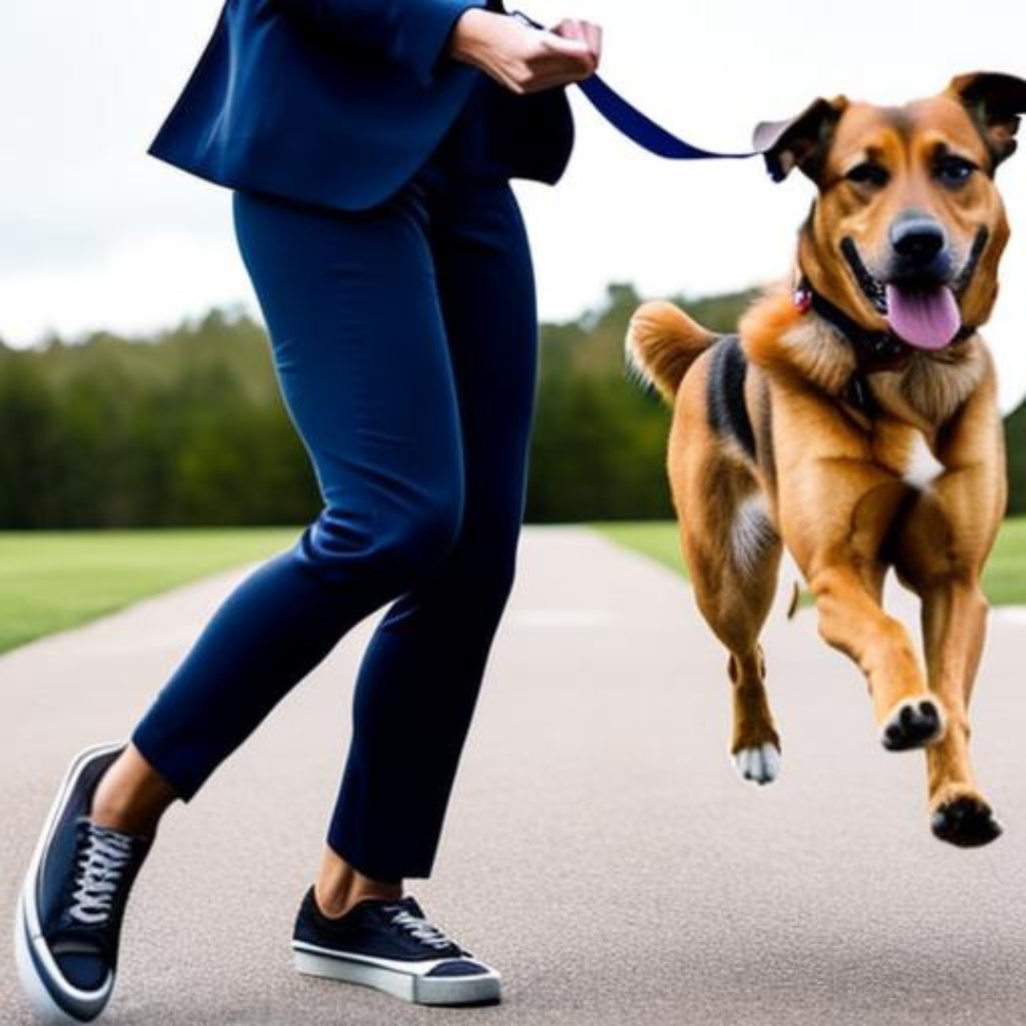The Art of Dog Training and Self-Awareness: Why We Criticize Others' Methods

1. When it comes to criticizing how others train their dogs, it's often because the criticizer is unwilling to do the work themselves.
2. They may see their own dog's behavior as a reflection of their own shortcomings, and so they project their insecurities and frustrations onto others.
3. For example, if someone sees a dog pulling on a leash or not coming when called, they may criticize the owner for not training their dog properly.
4. However, this criticism may stem from their own frustration with their own dog's behavior, and their unwillingness to put in the time and effort required to train their own dog.
5. Criticism often arises from a belief system that advocates for a singular method of dog training, such as purely positive reinforcement.
However, when this method fails to work for their own dog, the person may become critical of other dog owners who utilize a different approach, even if that approach is effective in producing happy, well-behaved dogs both on and off leash. In these instances, the person may scrutinize and pick apart the behavior of the other dog, despite the success of the training method used.
6. People who are quick to criticize others' dog training methods are often doing so because they are unwilling to acknowledge their own shortcomings and take responsibility for their own dog's behavior.
This is where the statement "you only criticize what you refuse to see in yourself" comes into play. ~ @PowerofTruth
7. One of the most frequent scenarios that I observe is when dog owners allow their dogs to approach other dogs without control, using the excuse that "their dog just wants to say hi".
In reality, they lack the necessary control over their dog's behavior. Subsequently, they criticize other dog owners who prioritize their dog's needs and advocate for them by keeping their focus on the walk and responding with a simple "no thank you" when approached, all the while with a very well behaved, happy dog. Just as it would be inappropriate to rush up to every person you encounter to say hello, it is unreasonable to expect dogs to engage with every dog they encounter.
In this situation, the person's criticism may stem from a sense of feeling overwhelmed or uncertain about how to manage their own dog's behavior. Alternatively, they may be unwilling to put in the necessary effort to train their own dog, and therefore find it easier to criticize well-behaved dogs and their owners instead.
8. Remember that dog training is not easy, and it takes time, effort, and patience to get it right.
Instead of criticizing others, it's more productive to focus on our own dogs and their behavior, and work towards improving their training and behavior in a positive and constructive manner.
9. True mastery of a skill, whether it be for you or your dog, comes when it can be executed effortlessly, without the need for conscious thought.
Achieving this level of proficiency requires consistent and persistent daily practice, even when it becomes challenging. Giving up is not an option if you want to reach this level of skill. However, if you find yourself struggling or feeling frustrated with your dog's daily habits, seek help from a professional trainer.
For those seeking extra guidance and support, consider joining the waitlist for Calming the Chaos: A Live Coaching Experience. Get the personalized coaching you and your dog need to reach new heights in your relationships on your way to a life well played.
Join the Waitlist for Calming the Chaos: A Live Coaching Experience

No comments.